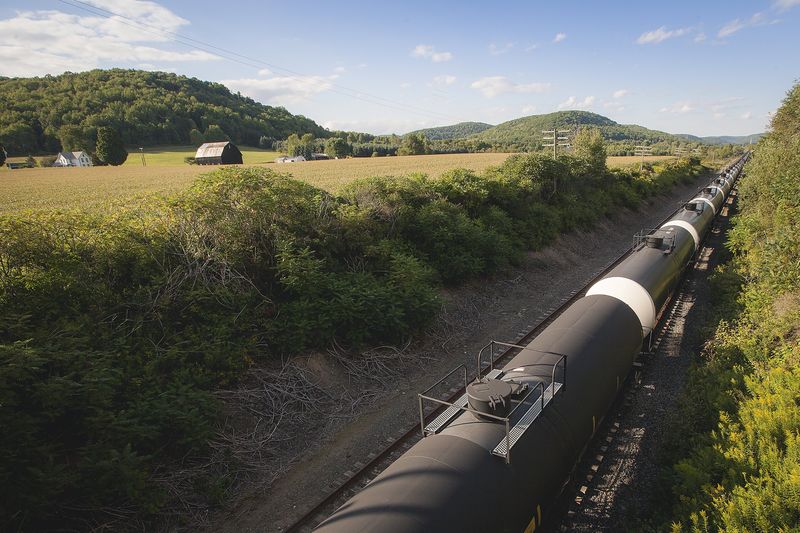Intel stock extends gains after report of possible U.S. government stake
By Felix Onuah
ABUJA, Feb 26 (Reuters) - Nigeria's government has licensed
two gold refineries to produce the metal for export and for the
central bank to hold in its reserves, the mines minister said on
Wednesday.
Minister of Mines and Steel Development Olamilekan Adegbite
told reporters in the capital, Abuja, that licences had been
issued and the central bank would be the main off-taker, holding
some of the gold in its reserves.
"We have licensed two refineries in Nigeria. They will
refine gold and of course produce bullion that the CBN [Central
Bank of Nigeria] can buy at international prices," he said.
He said one of the refineries was in Abuja, which is in the
centre of the country, and the other is in the southwestern
state of Ogun.
Adegbite did not provide any further details.
The announcement is part of a pattern in Africa where until
2012 there were only a handful of gold refineries, but as many
as 26 are now either operating or under construction across 14
countries to process metal produced by informal diggers,
according to a Reuters survey of public reports.
Nigeria has largely untapped deposits of 44 minerals
including gold, iron ore, coal, tin and zinc, in more than 500
locations. But most of the mining is artisanal and the absence
of gold refineries means value typically has not been added in
the supply chain.
The country's first gold refining licence was issued in 2018
to local firm Kian Smith Trade & Co and the company has said it
expects to begin operations in 2020, having failed to start last
year.
Earlier this month, Adegbite said Nigeria expects its mining
sector to grow to 3% of GDP within the next five years from just
0.3% currently as the government seeks to diversify Africa's
largest economy away from its reliance on crude oil
sales.
Gold, lead, zinc, limestone and coal are among seven
strategic minerals Nigeria has identified for investment.
